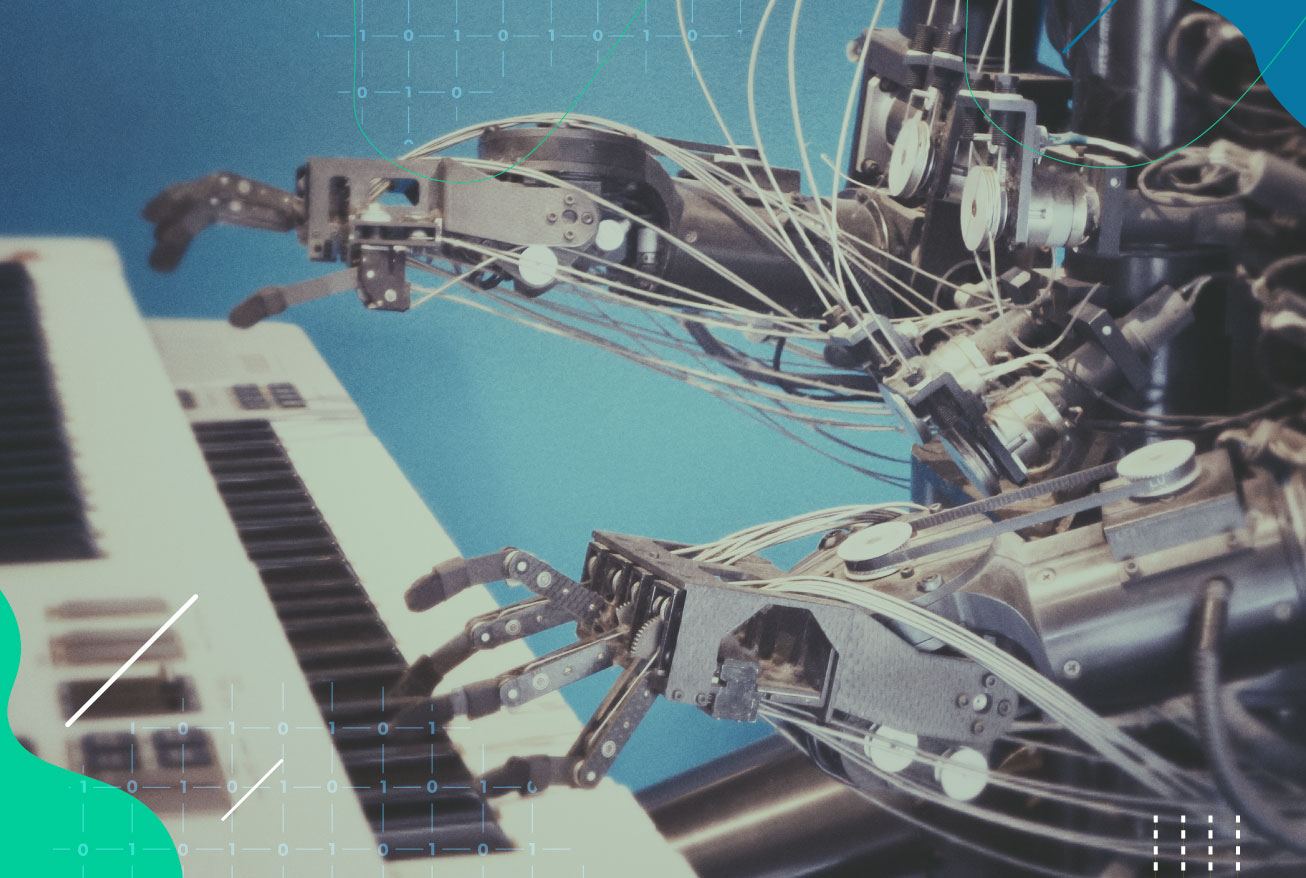The age of robots and job automation is upon us. There has been a lot of discussion over the past few years about the rise of robots and the impact they will have on our jobs. And the outcome sounds very ominous. In fact, the OECD estimates that 14% of jobs will be replaced by automation and another 32% will be radically changed by emerging technologies very soon. While it is certain that robots are going to displace portions of the workforce, should you be worried?
The rise of the robots
While machines and automation are nothing particularly new, current industrial automation and robots are multipurpose and reprogrammable. Across all industries, robots are being developed and deployed to increase productivity and profit margins.
Intelligent Transport Systems use real time traffic and passenger information to automatically adjust timings – potentially disrupting the transportation industry. Office and administrative support is being replaced by more efficient algorithms and software. ‘Less Paperwork = Higher Profits?’ by Verizon Connect explains how in the world of logistics, fleet management software allows invoices, quotations, job statuses, and other pertinent information to be automatically shared between concerned departments. This eliminates the potential of paperwork being delayed or lost in processing.
While it was traditionally believed that automation would only displace repetitive and menial jobs, huge leaps made by technology such as artificial intelligence and machine learning has put even more complex jobs at risk.
Will a robot take your job?
Robots are being adopted in relatively high-tech but labour-intensive industries. A Brookings study claims that jobs that require precision and repetition like the food service industry, manufacturing, and clerical support are the most vulnerable and these jobs could be displaced in the near future.
The study also warned that automation could replace jobs that are currently held by lower to lower-middle class workers – potentially increasing the already worrying income gap in most countries. As it is, workers in the Slovakian manufacturing sector have a 62% chance of being automated.
The McKinsey data used in the study also suggests that countries with a high ratio of service sector jobs like the UK and France are at a lower risk of being upended by robots in the near future.
Job loss or better jobs?
While headlines are mostly concentrating on the effect of robots and automation on our jobs, economic experts say that there is a false dichotomy when reporting job loss brought about by technology.
Computer World details that robotic process automation will only obliterate a portion of jobs. But automation will also create a higher demand for higher paying ICT labour markets. As often cited, the use of robots in Amazon and Walmart only led to its need for a higher quality workforce.
As robots in industries become more common and advance in quality, the gap in the demand for tech jobs and the labour market will become more pronounced. This opens an opportunity for workers to adapt and close in on this gap – reskilling the workforce for the new jobs that automation brings with it.
The good news is that certain kinds of software developers will be in high demand over the coming decade. Generally, these programmers will possess one or both of these attributes:
- Flexibility: Programmers who embrace flexibility are in a stronger position not to be automated. This would include being able to develop custom features, integrations, tailored admin, and user areas that are specifically adaptable for given industries.
- High-performing: Coders who can help with a variety of performance issues as they relate to software applications will be needed – for example, where you are bundling together a number of tools or solutions, or where there is a massively large volume of users or data. All the HyperionDev bootcamps – Software Engineer, Data Science, Full Stack Web Developer – incorporate multiple frameworks and languages in their course content.
As the rise of the robots is inevitable, future proofing yourself by learning new skills should be of the utmost importance. If you’re keen to change careers or upskill, consider enrolling on a HyperionDev online bootcamp in Full Stack Web Development, Data Science or Software Engineering. You can also trial one of these courses for free. If online learning is not your thing, you could enrol in an immersive, face-to-face Web Developer or Software Engineering course in Cape Town or Johannesburg.
Editorial composed by Janna Therese for the exclusive use of hyperiondev.com


